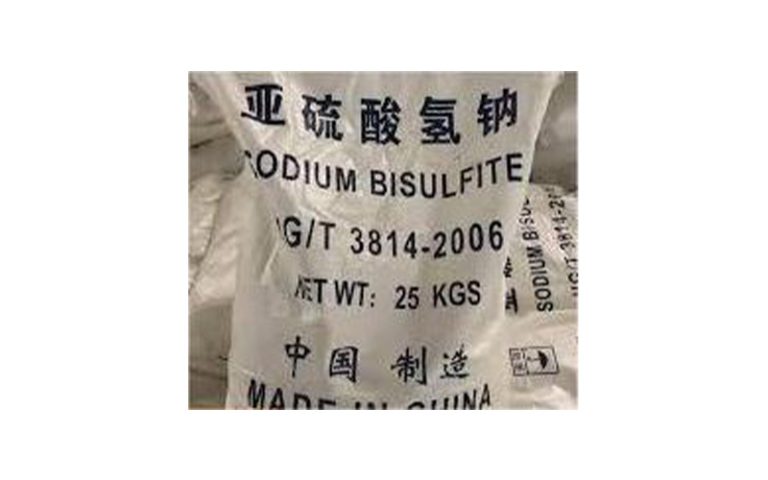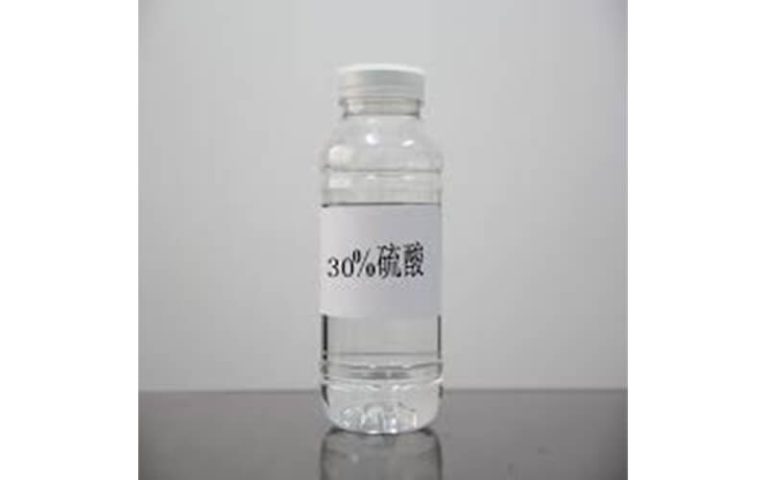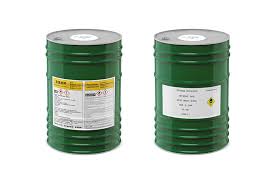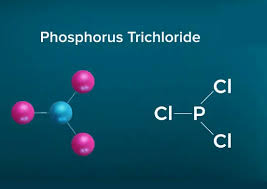Toluene Diisocyanate Uses: A Key Component in Modern Manufacturing
Toluene diisocyanate (TDI) might not be a household term, but it’s a vital ingredient in countless products we use daily. Known for its versatility, TDI plays a significant role in industries ranging from construction to consumer goods. With its wide-ranging applications, understanding its functions gives insight into why modern manufacturing depends on it.
What is Toluene Diisocyanate?
We primarily use Toluene diisocyanate, a chemical compound, in the production of polyurethanes. As member of diisocyanate family, it renowned for its ability to build polymers. This compound is highly valued for its chemical reactivity, which makes it essential in creating durable and lightweight materials.
Chemical Structure and Properties
TDI’s chemical structure sets it apart. It contains two isocyanate groups, which readily react with polyols to form polyurethanes. These reactions are why TDI is indispensable in producing foams, coatings, and adhesives. The compound is also known for its high-temperature stability, making it suitable for applications in extreme conditions. For more technical insights, the TDI Handbook provides extensive details.
Industrial Applications of Toluene Diisocyanate
The unique properties of TDI allow it to support various industries. Let’s explore what makes it invaluable.
Production of Polyurethane Foams
Polyurethane foams are perhaps the most recognized application of TDI. Whether it’s flexible foam for cushions or rigid foam for insulation, TDI is the unsung hero. Flexible foams are commonly used in mattresses and furniture, and rigid foams are preferred for construction due to their insulating properties. According to a fact sheet by the EPA, TDI accounts for a large percentage of polyurethane foam production worldwide.
Coatings and Adhesives
TDI adds strength and durability to coatings and adhesives. Adhesives made with TDI provide excellent bonds, making them ideal for challenging industrial uses. The American Chemistry Council highlights how TDI is essential for achieving high-performance adhesives.
Sealants and Elastomers
TDI is fundamental in creating sealants and elastomers, which serve both construction and automotive industries. Sealants ensure water resistance in buildings, while elastomers provide flexibility and durability in tires and industrial belts. An informative article by PCI India outlines how TDI enhances these materials’ performance.
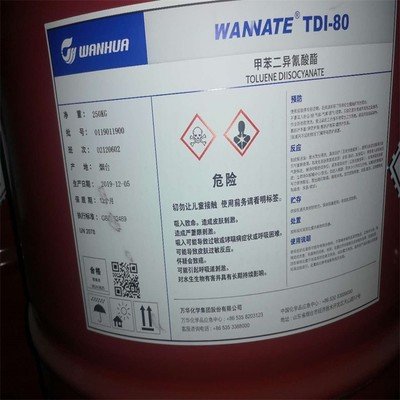
Regulations and Compliance
The use of TDI is under strict regulation to ensure safety and environmental protection. Organizations like the EPA enforce guidelines for handling and manufacturing TDI. These measures aim to safeguard workers and minimize risks to the environment. More details are available in the EPA’s fact sheet on TDI.
Future Trends in Toluene Diisocyanate Usage
As industries evolve, the role of TDI continues to adapt. Innovations and sustainability efforts are shaping its future.
Sustainable Alternatives and Innovations
There’s increasing interest in finding greener alternatives to TDI. Researchers are exploring bio-based isocyanates and advanced recycling methods to reduce the chemical’s environmental impact. Companies are also investing in formulations that emit fewer volatile organic compounds (VOCs). A detailed market analysis by Mordor Intelligence shows a growing trend toward sustainable practices within the TDI industry.
Conclusion
Toluene diisocyanate has cemented its position as a cornerstone of modern manufacturing. From foam production to adhesives, its versatility is unmatched. However, balancing industrial needs with safety and sustainability is the way forward. By following regulations and embracing innovation, industries can harness the full potential of TDI while minimizing its environmental footprint.

